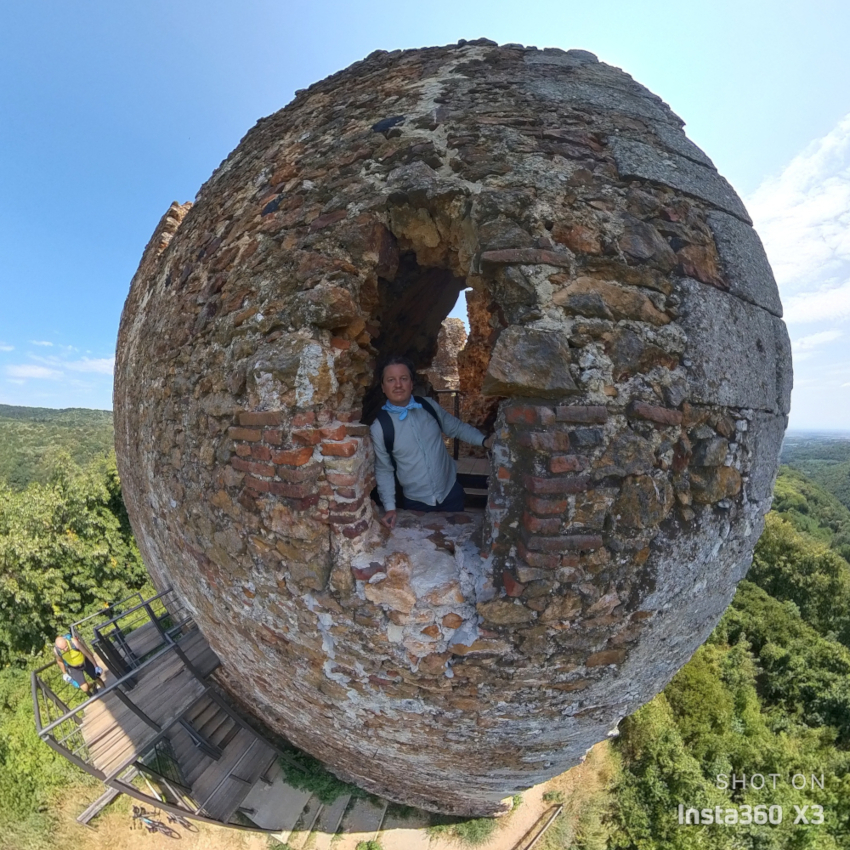

I think that proof-of-work approach to blockchain can make ddos attacks much harder, but I’m not an expert too :)
I am a software engineer living and working in Belgrade, Serbia. My hobbies contain a lot of things including cycling, bikepacking, photography and quantum computations.
All the photos in my posts are made by myself (if not specified other) and are shared under CC-BY 4.0.


I think that proof-of-work approach to blockchain can make ddos attacks much harder, but I’m not an expert too :)


Sounds like a potential application for a blockchain techs, that allows to do verifications, voting and consensus.


For me the problem is more in GPL violation: they distribute blobs under GPL3, user made a request of the source code by creating an issue, but they ignored that request. It is not only about “you have to fix it” versus “just fork it” imo.
Problem of Proton Drive is not only in the missing linux client. There is no support of WebDAV that makes integration with many open source tools (like note taking apps or photo management tools) almost impossible. Nextcloud is much better for me. Without a WebDAV (or one of other popular APIs) it looks like an attempt to create “walled garden” with vendor-lock on Proton, imo.
I asked the same question in c/privacy, you may find some answers useful: https://lemmy.ml/post/15694049 For myself I chose plausible


No, I have two different things:
I like that approach, because I use orgzly-reviwed on Android with a notifications. And because it is simpler to maintain knowledge base.


Yes… org-mode is more than 20 years old… It is a price of flexibility: I have a strong feeling that one can adjust org-mode to any workflow. But I do not use even a third of the org specification. There are a lot of cool blog posts like “org mode quick start” or “org mode basics”, I would recommend to start from such posts, not from a documentation.


For me one of the most flexible and mature way to knowledge base, tasks and notes is an org-mode.
I have two main workflows. The first one is task management. I have a lot of recurring tasks with tags, deadlines, schedules, etc. All of them are living in org-files in my Nextcloud. On Android I’m using orgzly-reviwed for sync via WebDAV, on my work I’m using organice (via WebDAV) as a “web-version” and also I’m editing my notes in emacs on my laptop (but actually any text editor could be used).
The second one is a knowledge base. I’m using org-roam locally (and with a localhost web server, built in into emacs) and orgnote for Android/Web + synchronization. My knowledge base is Zettelkasten-based.
Orgzly-reviewed: https://github.com/orgzly-revived/orgzly-android-revived
Organice: https://github.com/200ok-ch/organice
Orgnote: https://github.com/Artawower/orgnote
Orgnote provide a way to encrypt all notes by your own key/password. With orgzly I’m relying on Nextcloud encryption.
Written in Scala ❤️
Mozilla has a very good reputation of the privacy oriented company. I believe that they can make an advertisements with a human face. And it will be very cool, if Mozilla will be able to become independent from Google’s donations.


What is wrong with an existing FreeCAD? It seemed to me that the project is very active
Also, is there any plan to provide binaries and builds? Especially for Android, for example, via F-Droid?
But is there any plans to support GNU Linux distros, like Debian or Nix? From the first look the browser is only for Serenity.


Org-mode + emacs. Org-roam + org-roam-ui to vizualize zettelkaster.
Wow! Looks exatly as what I need. And GPL license 🤩🤩🤩!
I think it can be done like a NFTs on top of Bitcoin. In this case evey archived page is NFT and all the blockchain is available, so there is no centralized cite. If each action will require some computations (PoW) then ddos attack or spam attack will be very hard to implement.